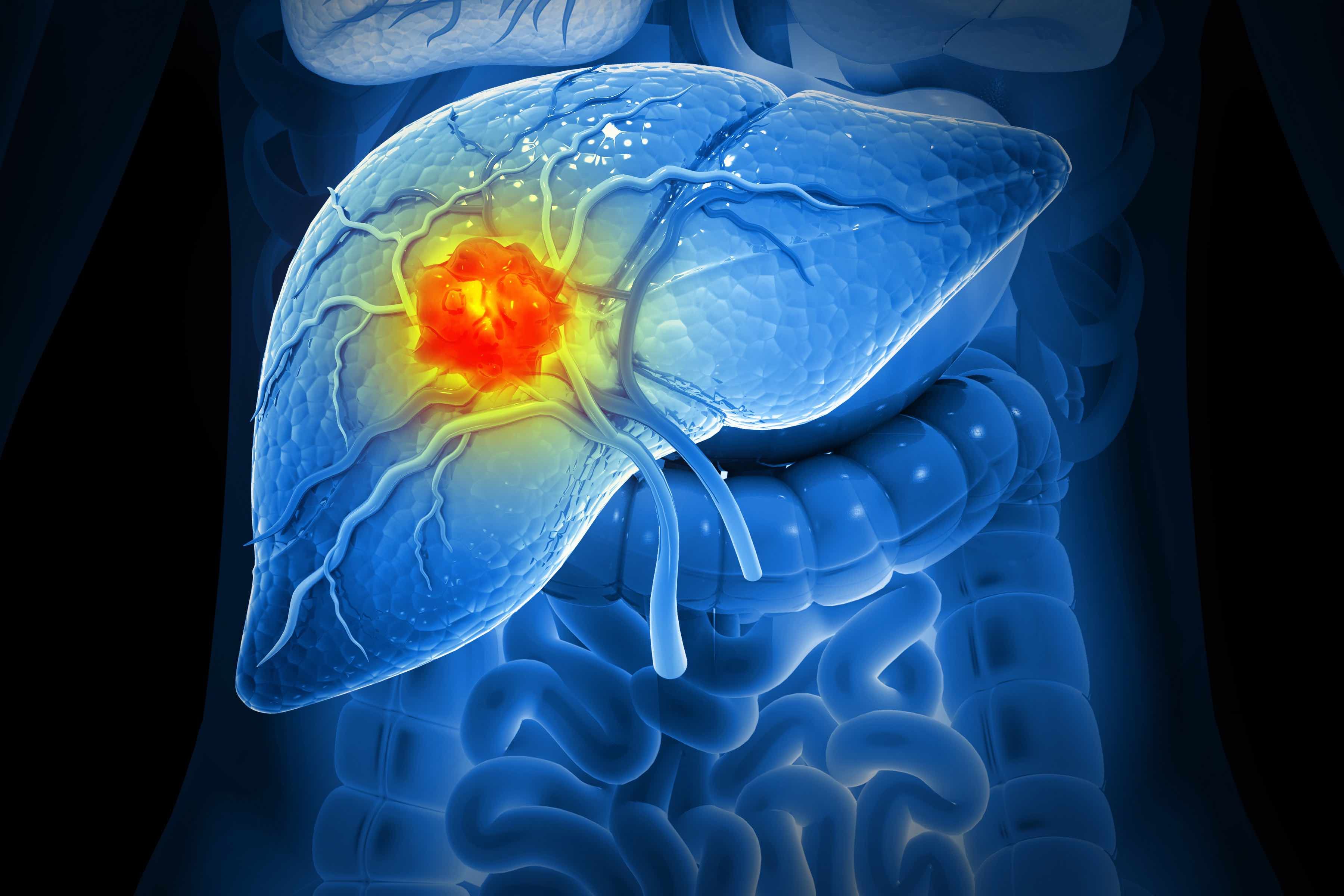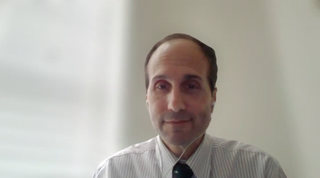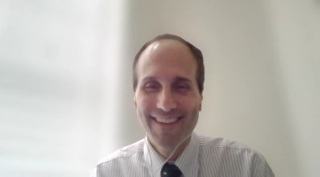
Liver Cancer
Latest News


Dr Amit Singal on Populations at Risk for HCC and When Screening Is Needed
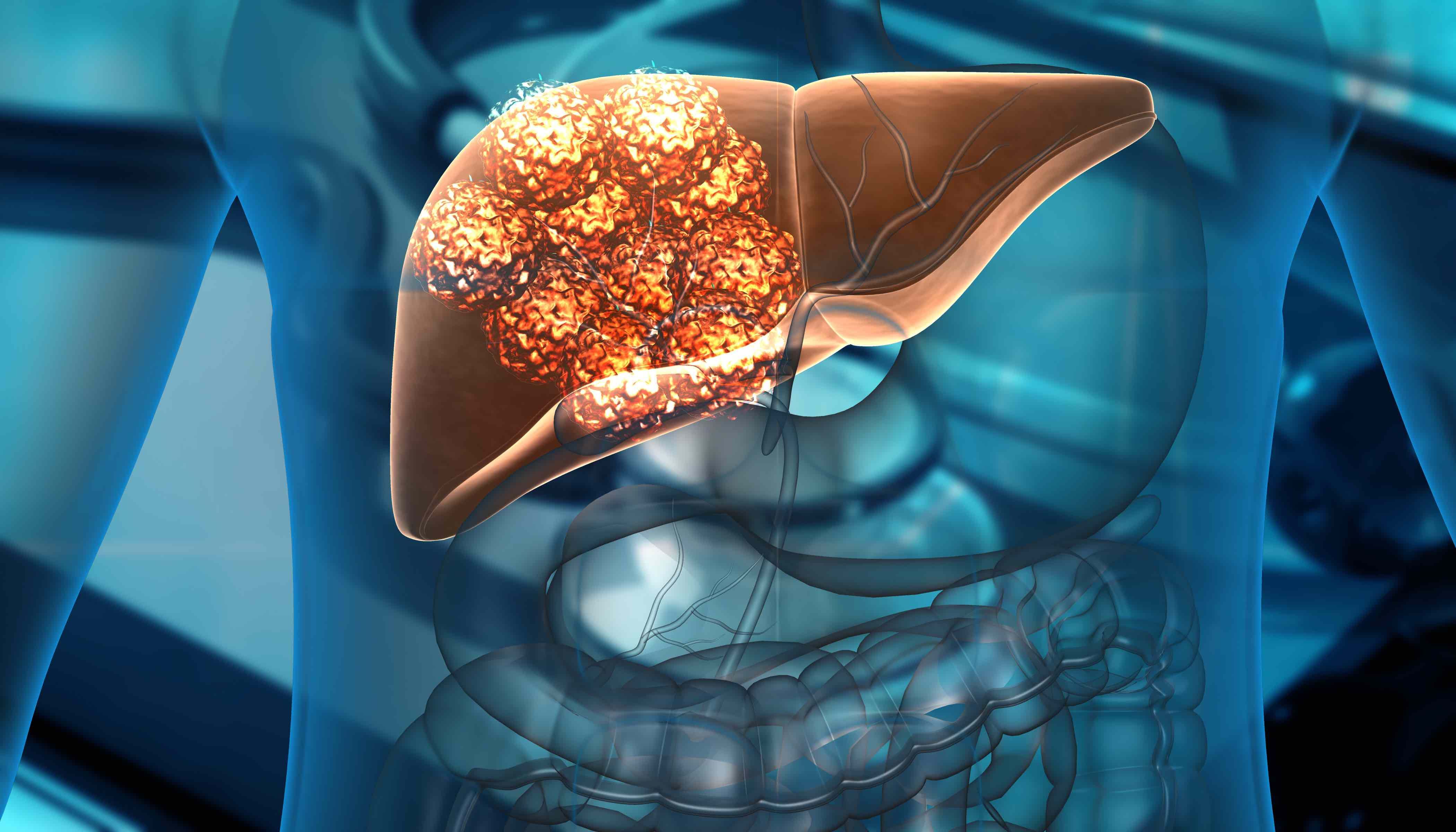
Real-World Data Show Racial Disparities in HCC Outcomes, Resource Utilization
Latest Videos
More News

The first medication for the treatment of nonalcoholic steatohepatitis (NASH) and liver fibrosis received accelerated approval. Previously, the only treatment available to patients was implementing lifestyle changes aimed at weight reduction.

An analysis of nationwide data over 2 decades identified demographic-specific trends in liver cancer incidence and mortality in the US.

A novel model for gauging nutritional risk among patients with hepatocellular carcinoma (HCC) showed high accuracy and may provide a simpler, more targeted alternative to currently used nutritional risk models used for patients with cancer.
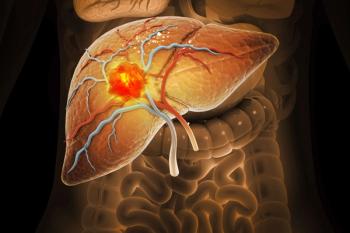
The analysis revealed that viral hepatocellular carcinoma (HCC) had a distinct microbial signature vs non-viral HCC, although only hepatitis B virus–related HCC showed a significantly diverse tumor microbiome.
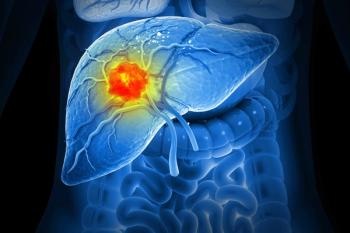
Patients with early-stage hepatocellular carcinoma (HCC) and those with advanced-stage disease exhibited distinct gut microbiota diversity and alterations, with future studies warranted to investigate the mechanisms underlying the interactions between gut microbiota and HCC progression.

The study’s senior author discusses how the combined mechanisms of action produced benefit in progression-free survival.

One expert said the results have the potential to change the standard of care for some patients with the most common type of liver cancer.

The PD-1 inhibitor is being studied in multiple cancers; FDA is reviewing an application of a combination with rivoceranib in unresectable hepatocellular carcinoma.

